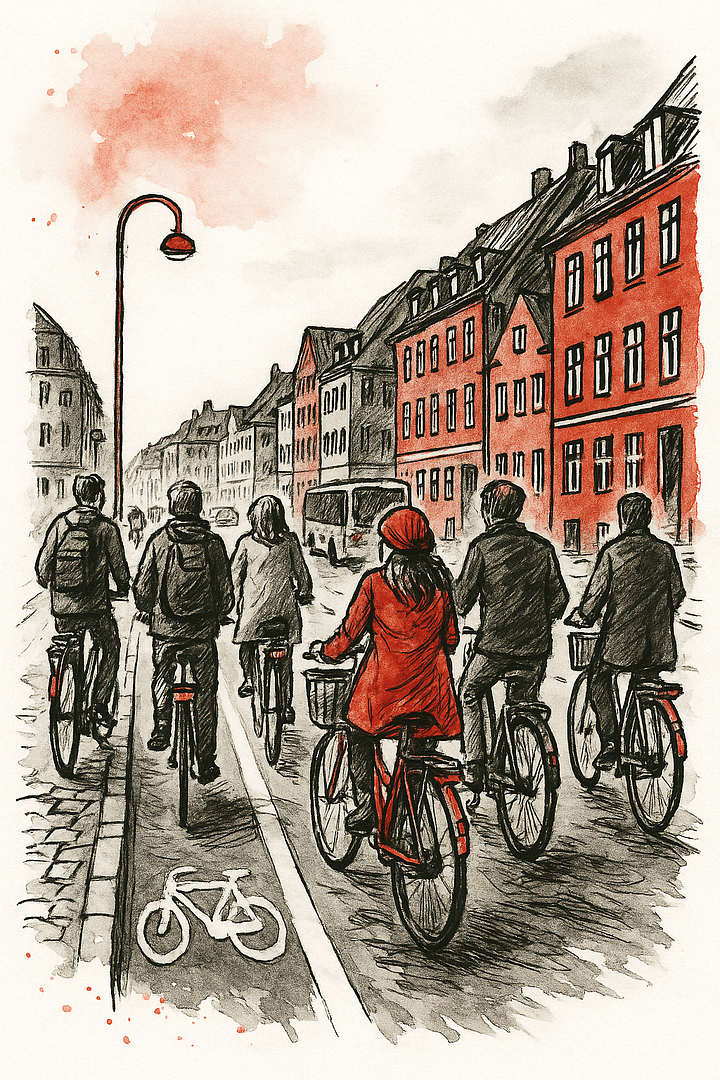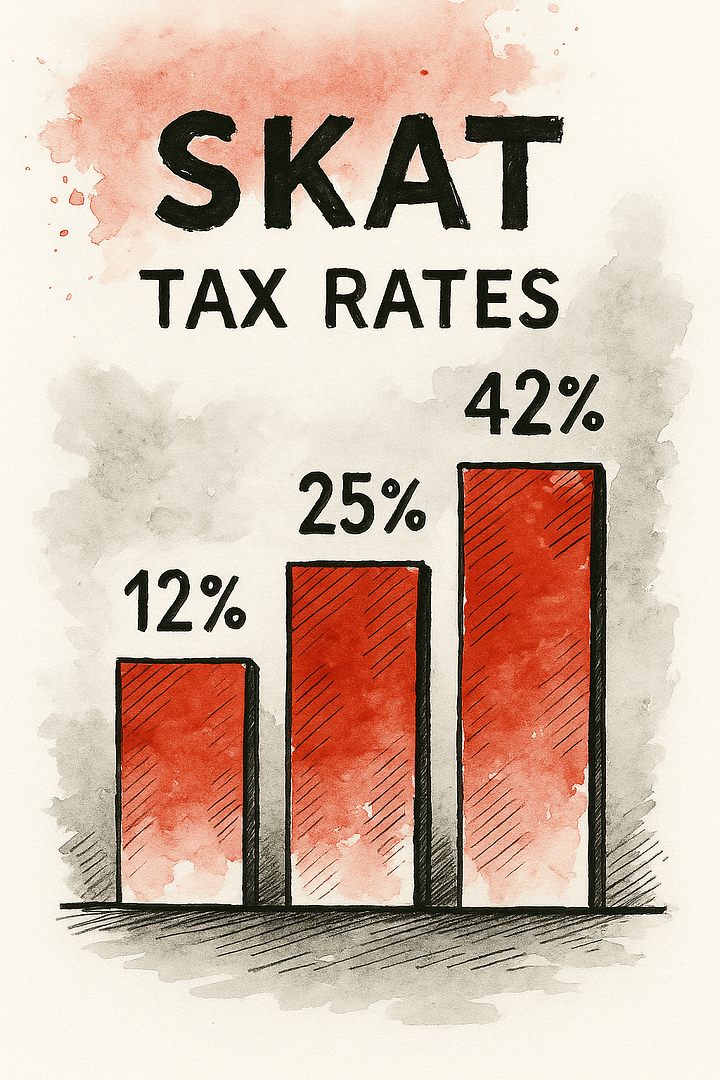Danish Cultural and National Holidays
Denmark has a rich history and a vibrant culture, which is reflected in its numerous cultural and national holidays. Whether you’re visiting or living in Denmark, understanding these holidays can enhance your experience. This guide will give you an overview of Denmark’s major holidays, their cultural significance, and how they are celebrated.
National Holidays in Denmark
New Year’s Day (Nytårsdag)
- Date: January 1
- Significance: New Year’s Day is the first holiday of the year and is celebrated with family gatherings and a sense of renewal.
- How it’s celebrated: Many Danes spend the day with family and enjoy a special meal together. Some also attend public New Year’s events or fireworks displays.
Danish Constitution Day (Grundlovsdag)
- Date: June 5
- Significance: This holiday celebrates Denmark’s Constitution, which was first adopted in 1849.
- How it’s celebrated: While it’s not a day off for most, some political events, speeches, and gatherings are held across the country. Many people also use the day to reflect on Denmark’s political history.
Christmas (Jul)
- Date: December 24-25
- Significance: Christmas is one of Denmark’s most important holidays, deeply rooted in tradition.
- How it’s celebrated: Danes celebrate Christmas Eve (December 24) with a large family dinner, gifts, and attending church services. Christmas Day is more relaxed, with many enjoying the festive atmosphere and spending time with loved ones. The Danish Christmas meal often includes roast pork, duck, and the famous Christmas rice porridge (risalamande).
Cultural Holidays in Denmark
Midsummer Eve (Sankt Hans Aften)
- Date: June 23
- Significance: A celebration of the summer solstice, marking the longest day of the year.
- How it’s celebrated: The highlight of Midsummer Eve is the lighting of bonfires, with many Danes gathering around the fire to sing, eat, and enjoy the summer night.
Easter (Påske)
- Date: Dates vary (typically March or April)
- Significance: Easter is celebrated in Denmark with religious services and family gatherings.
- How it’s celebrated: Danes often decorate eggs and exchange chocolate eggs. On Easter Sunday, families enjoy a festive meal, often including lamb and egg dishes.
Labour Day (Arbejdernes Kampdag)
- Date: May 1
- Significance: This is a day to honor workers’ rights and the labor movement.
- How it’s celebrated: Labour Day is marked by marches, speeches, and political events, particularly in major cities like Copenhagen.
Public Holidays and Family Traditions
Whit Monday (2. Pinsedag)
- Date: 7th Monday after Easter
- Significance: Whit Monday is observed to celebrate the Christian Pentecost.
- How it’s celebrated: This holiday is marked by church services and various family traditions. It’s a more relaxed holiday compared to others.
National Day for Denmark’s Independence (Danmarks Befrielsesdag)
- Date: May 5
- Significance: This day commemorates the liberation of Denmark in 1945 during World War II.
- How it’s celebrated: It’s a day for remembering the sacrifices made for Denmark’s freedom, with national ceremonies and local events.
How to Celebrate Danish Holidays as an Expat
If you’re new to Denmark, participating in local holidays is a great way to immerse yourself in Danish culture. Here are some ways to enjoy Danish holidays:
- Join local celebrations: Many cities, including Copenhagen, have public events such as parades, concerts, and festivals.
- Attend holiday markets: Denmark’s Christmas markets are world-famous. The Copenhagen Christmas Market is a must-visit during the holiday season.
- Celebrate with Danish food: Traditional Danish dishes are often served during holidays. Learn how to cook a Danish holiday meal and share it with your friends or family.
Conclusion: Embrace Danish Traditions
Understanding and participating in Danish cultural and national holidays is an excellent way to experience Denmark’s traditions and values. Whether you’re celebrating with a festive meal on Christmas Eve or enjoying a bonfire on Midsummer Eve, these holidays are an integral part of Danish life. For expats, embracing these traditions will make your time in Denmark even more rewarding.
- Visit Denmark – Find out more about Danish holidays, events, and festivals.
- Copenhagen Card – Get access to museums, attractions, and holiday events in Copenhagen with the Copenhagen Card.







